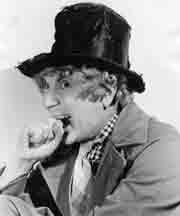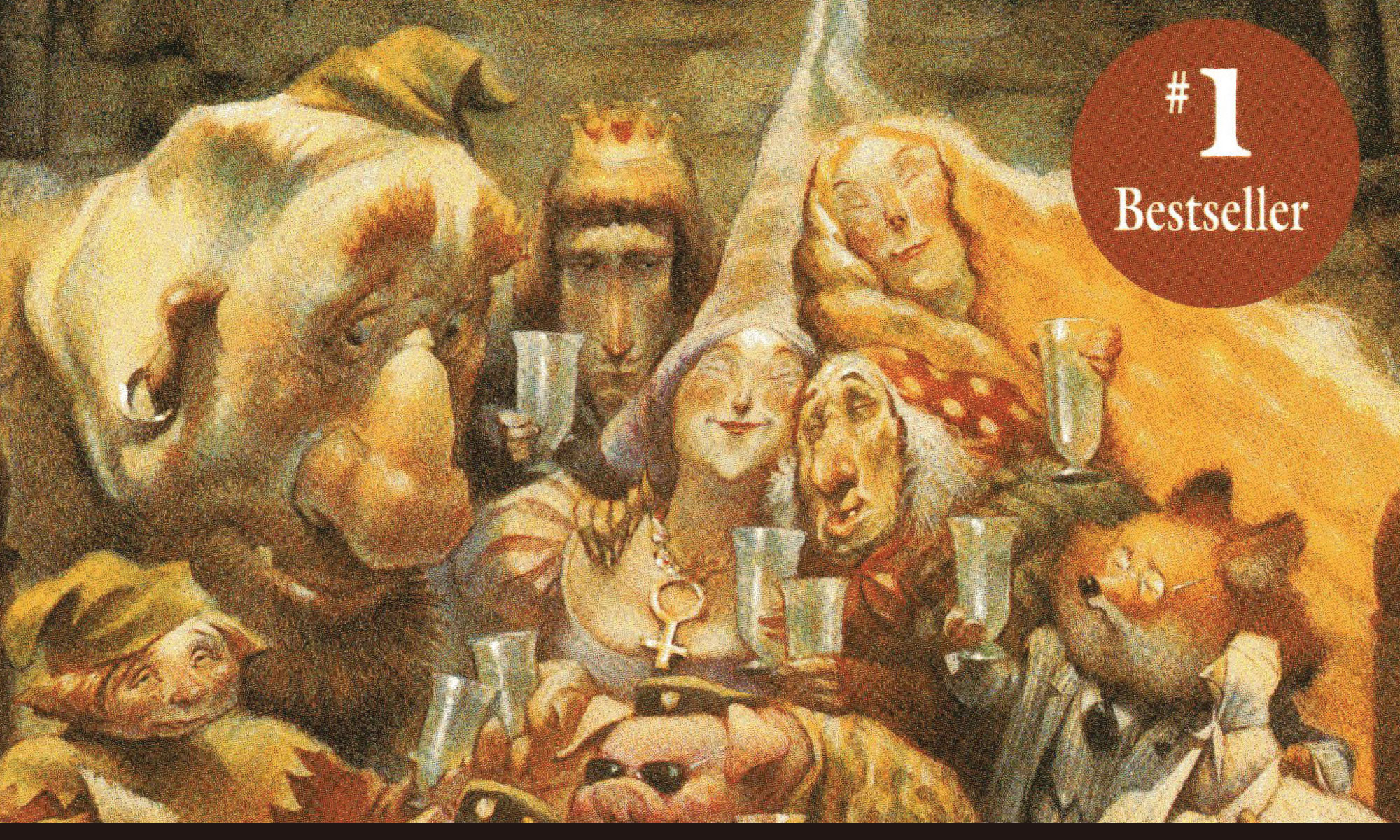 Had a very busy, typically Christmas-season kind of weekend. Hope you did too. Decorating, skating, sledding, shopping, party-going, and a glorious service of “Lessons and Carols” downtown at church, where I got to watch my progeny make use of their talents to the greater glory. I’ll admit I was a little misty-eyed at the end of the service, although that might be traced back to the hearty dinner I enjoyed of a pizza slice and a Manhattan.
Had a very busy, typically Christmas-season kind of weekend. Hope you did too. Decorating, skating, sledding, shopping, party-going, and a glorious service of “Lessons and Carols” downtown at church, where I got to watch my progeny make use of their talents to the greater glory. I’ll admit I was a little misty-eyed at the end of the service, although that might be traced back to the hearty dinner I enjoyed of a pizza slice and a Manhattan.
But more than fun and games were on the menu. With my two young nephews in the house for a sleepover, I felt the need — no, the compulsion — to raise their cultural awareness and overall quality of character. I’m like John Dewey that way. So I made them sit down and watch “A Night at the Opera.”
Oh, they were hesitant at first. They know better than to believe Uncle Jim when he tells them that something will make them better people. But once we all made it to the contract scene (“The party of the first part shall be known in this contract as the party of the first part”), they were fast within my clutches.
Just as you can tell a lot about a person if his favorite kind of movie is a Western (and I’m not being sexist there–among fans of the Western movie, I can’t think of any I’ve met who weren’t men or didn’t wish they were), you can split Marx Brothers fans into two camps depending on their favorite film.
Many people stand by “Duck Soup” as the quintessential Marx movie, and they may have a point. It’s hilarious, chaotic, acerbic. It’s reportedly most true to their vaudeville routines. It has Zeppo, but that shouldn’t be held against it (it was his last picture, and he became his brothers’ agent after that). It’s also slapdash, weirdly paced, and as a movie, frankly unsatisfying. To me, it’s the “fanboy favorite” among Marx Bros. fans, the one that lets people get on their nerd horse and pontificate about it being “pure”. (Like anyone is alive today who can compare their vaudeville routines with their pictures.)
For my money, “A Night at the Opera” is a much funnier and more enjoyable movie. Producer Irving Thalberg insisted on many changes in this picture, including a strong script, a love interest, a point in the plot when everyone’s fortunes are scraping bottom, and identifiable villains for the boys to attack. Purists may scoff at its slickness, but it made a lot of money, and Groucho himself told Dick Cavett on his show that it, along with “A Day at the Races”, were the best movies they’d ever made. When you think about it, if Thalberg hadn’t made his pitch to Chico at a bridge game about the movie, their film careers may have become even more spotty, or ceased altogether. The world might have had only five Marx Brothers movies–pure or not–if “A Night at the Opera” hadn’t been made, but instead we have 13, of varying quality but fun nevertheless. In the worst case scenario, they might have faded into obscurity like the Ritz Brothers or Weber & Fields, and never made it to the 1950s and television.
I like nothing better than wallowing in an old B&W movie (if Turner Classic Movies wasn’t offered by my cable company, I’d be bitching a lot more every month when paying the bill), and this is one of the best. And for better and worse, it exposed me to opera, though I still yearn for someone to lean over from the balcony and growl “Boogie, boogie, boogie” during “Il Travatore”. Otto and Henk, as well as my own kids, wallowed with me. And for the months ahead, our conversations will be peppered with phrases like “And two hard-boiled eggs”, “He’s got insomnia, he’s trying to sleep it off” and “Well, watermelons are out of season.” And I will feel good about the future of our country.


“I almost saw the opera!”
“When I have dinner with a woman, I expect her to face me. It’s the price she has to pay.”
“You can’t fool me—there ain’t no Sanity Clause!”